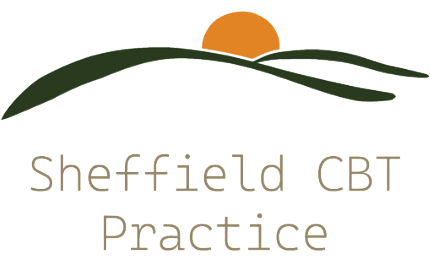CBT For Post Traumatic Stress Disorder (PTSD)
What Is PTSD?
Post-Traumatic Stress Disorder (PTSD) is a mental health condition that can develop after experiencing or witnessing a highly stressful, frightening, or life-threatening event. These events often overwhelm your ability to cope and can leave a lasting impact on your emotional and psychological wellbeing.
Traumatic experiences that may lead to PTSD include:
- Natural Disasters: Events such as earthquakes, floods, or hurricanes can leave individuals feeling powerless and deeply unsettled.
- Domestic Abuse: Prolonged exposure to abusive relationships can cause emotional and psychological scars that persist long after the abuse ends.
- Sexual or Physical Assault: Violent acts against a person’s body or autonomy are deeply traumatic and often leave individuals struggling to feel safe or trust others again.
- Life-Threatening Accidents: Serious car crashes, workplace incidents, or other near-death experiences can create lasting fear and anxiety.
PTSD is a natural response to extreme trauma, and its effects can be profound, often disrupting daily life. Symptoms may include flashbacks, intrusive thoughts, nightmares, heightened anxiety, emotional numbness, or avoidance of places, people, or situations that trigger memories of the event. These symptoms can make even ordinary tasks feel overwhelming and isolate individuals from friends, family, or activities they once enjoyed.
It’s important to understand that PTSD is not a sign of weakness; it’s a survival mechanism that can linger even when the danger has passed. With the right support, such as cognitive behavioural therapy (CBT), individuals can process their trauma, reduce symptoms, and reclaim their sense of safety and control.

Symptoms of PTSD
- PTSD symptoms can vary but often include:
- Recurrent nightmares or flashbacks that make you feel as if the traumatic event is happening all over again.
- Heightened sensitivity to noises, smells, or objects associated with the trauma.
- Avoidance behaviours, such as steering clear of places, people, or thoughts connected to the event.
- Intrusive thoughts, including persistent questions about why the event happened and whether it could have been prevented.
- Emotional numbness, detachment from others, or a sense of disconnection.
- Memory gaps, such as difficulty recalling certain aspects of the trauma.
- Loss of interest in activities that were once meaningful.
- Relationship and employment difficulties caused by emotional distress.
- Angry outbursts or other intense emotional reactions.
These symptoms are understandable reactions to trauma and can cause significant distress, but support is available to help you recover.
If you’d like to discuss your concerns or book an appointment, call us on 0114 383 0004.
How Can Therapy Help?
Trauma-focused Cognitive Behavioural Therapy (CBT) is a proven approach for treating PTSD. Your therapist will provide a safe and supportive environment to help you:
- Understand and process your trauma in a way that feels manageable.
- Reduce the intensity of PTSD symptoms, such as flashbacks and avoidance.
- Build trust, empathy, and self-compassion through the therapeutic relationship.
Therapy aims to empower you to regain a sense of control, reconnect with life, and experience joy again.
How Many Sessions Will I Need?
The National Institute for Health and Care Excellence (NICE) recommends trauma-focused CBT as the most effective treatment for PTSD. For single-event trauma, therapy typically involves 8 to 12 sessions, while treatment for multiple traumas may require more time.
For additional information, visit NICE guidelines on PTSD.

If you’d like to discuss your concerns or book an appointment, call us on 0114 383 0004.
Further information regarding PTSD can be found at www.nice.org.uk
